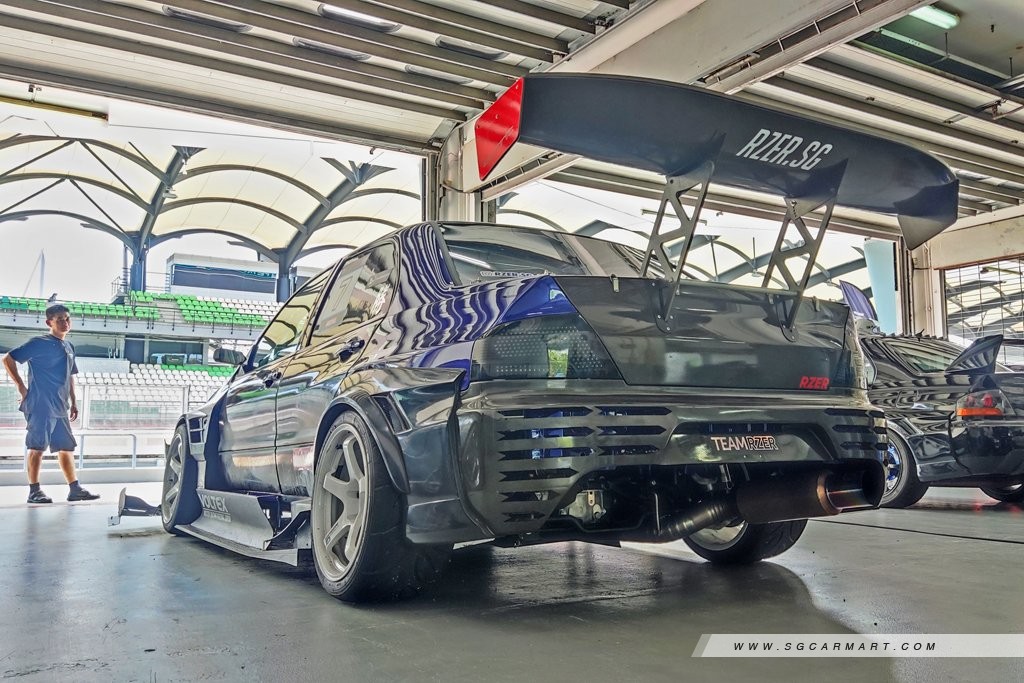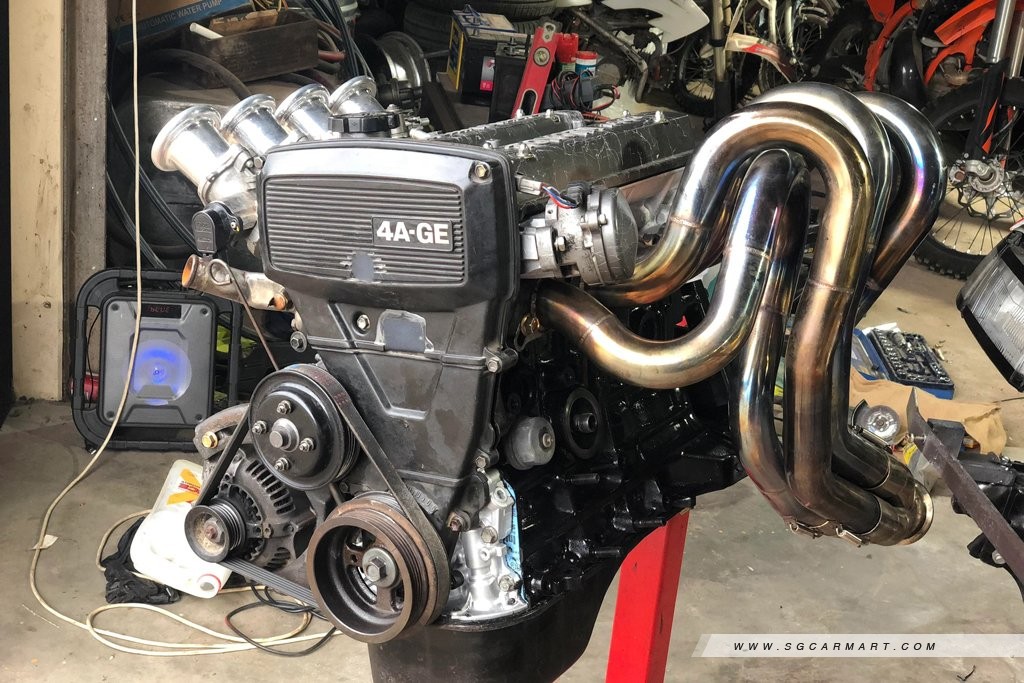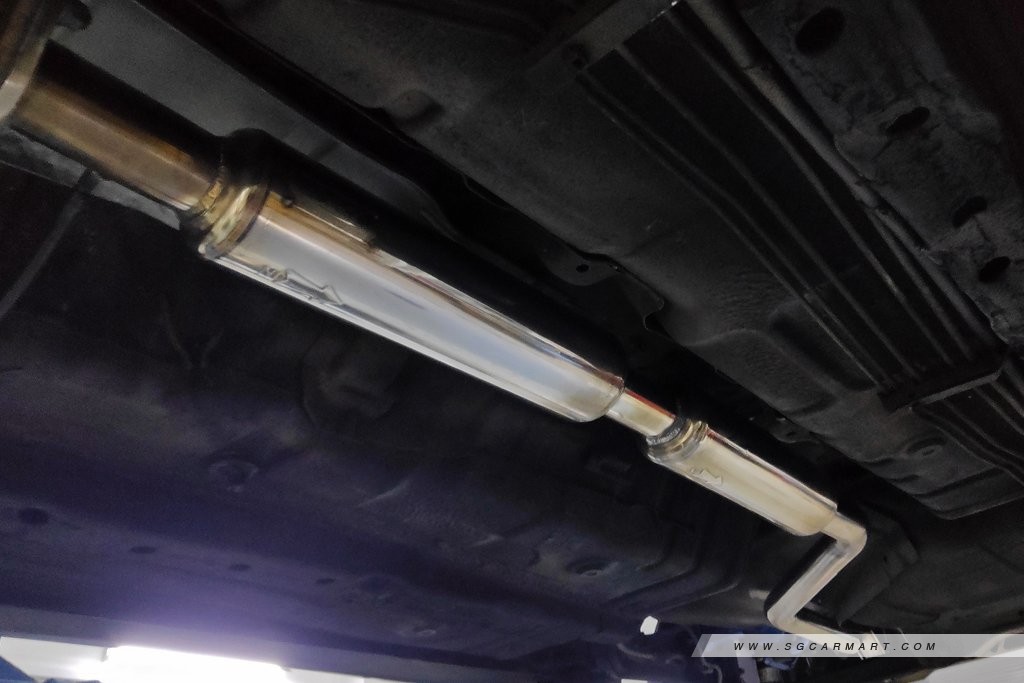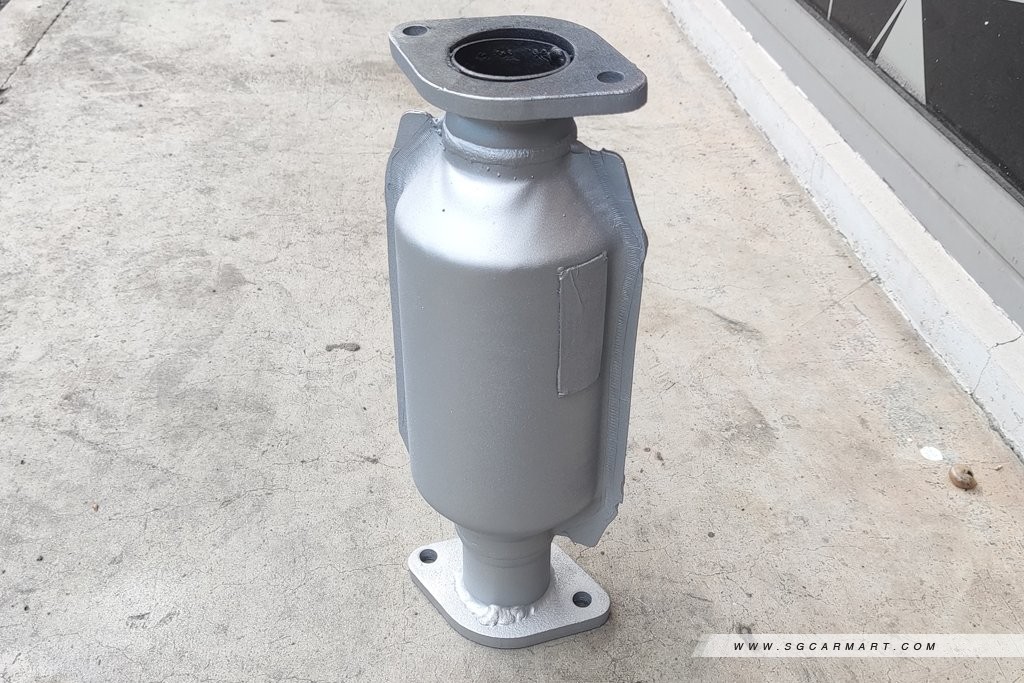What they don't tell you: A loud exhaust doesn't always make more power

Performance cars tend to make loud, aggressive noises – fire-spitting Lamborghini and Ferrari cars with an exciting soundtrack comes to mind.
Naturally, most people have come to the conclusion that exhaust noise volume and engine horsepower have to go hand-in-hand.
But that isn't always the case.
Well-built and properly designed exhaust systems with quality components are able to keep noise in control without sacrificing much power. And a loud exhaust doesn't necessarily mean a faster car, the only definite thing is the car is now noisier.

The easiest and cheapest way to reduce restrictions in an exhaust system is by increasing the diameter of the exhaust piping to enlarge the volume of gases that can be evacuated from the engine.
The next step is to remove any sort of restriction that might slow the flow of exhaust gases – this can be achieved by removing sound dampening components such as resonators, mufflers and catalytic converters.
By opting for this method to increase exhaust flow, you would pretty much end up with a simple length of pipe, resulting in ear-piercingly loud exhaust noises.
The positive connotations of loud exhaust noises when it comes to sportiness further incentivises companies to create noisier exhaust systems when designing one for performance applications.

While free-flowing exhausts tend to be loud, it doesn't necessarily mean that all loud exhaust systems will result in a boost in performance.
Designing a good exhaust system is a little more complicated than upsizing all the pipes. Things such as exhaust scavenging, velocity of exhaust gases and back pressure come into play.
To put it in simpler terms, with exhaust systems, there is always a trade-off. There is a limited range within the entire working rpm range of an engine that a particular exhaust works best.
Hence, without a good design, even an unrestrictive exhaust with large diameter piping that makes plenty of noise can still result in poor drivability and performance (it could be optimised for the best power at a high rpm range that isn't usable in daily driving scenarios).
Exhaust systems should also be properly matched to a particular engine's characteristics to result in a performance improvement – it is highly possible to have an exhaust that is way too big for a small low powered engine.
This will still result in a lot of noise, but the engine can actually be performing worse than before.

Yes, mufflers, resonators and even bends in the exhaust system increase restriction in exhaust flow. However, there are straight resonators and mufflers (without S-shape bends or whatsoever within) available, which are still effective in damping exhaust noises, but without creating substantial restriction.
A popular way of modifying an exhaust system is to gut the muffler or resonator, remove the sound damping material (i.e. fibreglass) and replace the perforated section of piping within with a simple piece of pipe.
If the existing muffler or resonator is already of the straight type and creates little restriction, doing such a modification will just result in a louder exhaust with almost no change to its flow characteristics (and performance).
The same goes for the catalytic converter. While many might opt to go with a 'test pipe' (a section of plain piping), or to knock out the stock catalytic converter, the use of a high-flow catalytic converter will allow emissions and noise to be kept in control with much lesser restriction.
Instead of enlarging everything, an exhaust system with adequately-sized piping and tuned lengths can actually work even better, all while having less detrimental effects such as excessive noise.
Hence a well engineered exhaust system with quality components is able to flow well, offer great performance while remaining quiet as well.

With the rigid regulations in Singapore, there really isn't much we could do to the exhaust system to extract more power out of our car engines. Our choices are pretty much limited to whatever LTA-approved products there are out there.
But for those who own cars that have several different brands of legal exhaust systems to choose from, you should try to research and find the most suitable exhaust system to go for instead of simply choosing the one that makes the most noise.
For the more adventurous ones, don't blindly "operate" the entire exhaust system to remove all the resonators and mufflers thinking that you'll gain a ton of power out.
It really isn't that simple, and I suppose you wouldn't want your car to sound like an old truck with a massive hole in its exhaust system.
ALSO READ: These shouldn't be the reasons to stop you from buying a particular car